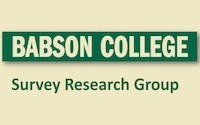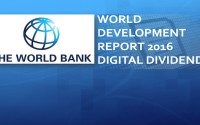
Skills of U.S. Unemployed, Young, and Older Adults in Sharper Focus
The purpose of this report is to present updated and additional results from the U.S. PIAAC household data collection, based on data collected in 2012 and 2014. PIAAC is an international large-scale study of adult skills and life experience focusing on education and employment that was developed and organized by the Organization for Economic Cooperation […]















